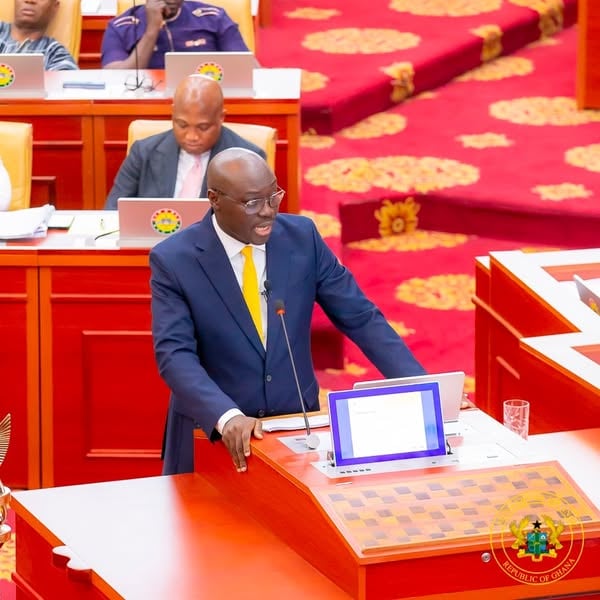Ghana’s “Big Push” Infrastructure Development Programme: A Parliamentary Approval for Road Construction and Rehabilitation
The Ghanaian Parliament has recently approved a substantial allocation of GHS 13.8 billion for road construction and rehabilitation under the government’s ambitious “Big Push” infrastructure development programme. This initiative, a cornerstone of the 2025 Budget Statement’s Mid-Year Fiscal Policy Review, aims to stimulate economic growth, create sustainable job opportunities, and enhance transportation infrastructure across the nation. The approval, granted on Wednesday, July 30th, followed the adoption of a comprehensive report presented by the joint Budget and Finance Committee. This report meticulously detailed the multi-year commitments required for the selected road projects, providing a financial roadmap for this significant undertaking.
The “Big Push” programme signifies the government’s commitment to a nationwide transformation of road networks. This commitment is underpinned by rigorous preparation, including feasibility studies, engineering interventions, and detailed cost estimations for each identified project. These preparatory steps, undertaken by the Ministry of Roads and Highways, ensure a well-informed and strategic approach to infrastructure development. The parliamentary approval now empowers the government to enter into multi-year contracts, facilitating the efficient and timely execution of these crucial road projects.
The scope of the “Big Push” programme is expansive, encompassing several key road projects across the country. These include the dualization of critical routes such as Ofanko-Nsawam, Kasoa-Winneba, Winneba-Cape Coast, and Cape Coast-Takoradi. Furthermore, the programme addresses the rehabilitation of existing roadways, such as the Wa-Han Road, and the upgrading of crucial connections like the Tumu-Hamile road. These improvements promise to enhance connectivity and facilitate smoother transportation of goods and people, fostering economic activity and regional development.
Beyond these major routes, the “Big Push” programme extends its reach to other vital road networks. These include improvements to the Han-Lawra, Navrongo-Tumu, Wenchi-Sawla, and Techiman-Nkonsia roads. The programme also encompasses the dualization of the Takoradi-Agona Junction route, as well as the construction of outer ring roads around major urban centers like Sunyani and Kumasi. The addition of the Adenta-Dodowa dualization project further underscores the commitment to alleviating traffic congestion and improving connectivity within and around urban areas.
To ensure transparency and accountability, the Ministry of Finance is mandated to provide regular updates to Parliament on the progress of these projects. This reporting requirement, stipulated under Section 3(4) of the Public Financial Management Act, ensures parliamentary oversight and allows for informed decision-making regarding any necessary adjustments or modifications to the programme. This transparency fosters public trust and ensures that the allocated resources are utilized effectively and efficiently.
Furthermore, the Public Financial Management Act, specifically Section 33(4), mandates the submission of annual performance reports by the Parliament’s Finance Committee. These reports will comprehensively evaluate the multi-year expenditure commitments, providing a detailed assessment of the programme’s financial performance. This rigorous reporting framework ensures that the “Big Push” programme remains fiscally responsible and delivers optimal value for the invested resources. This comprehensive approach, combining substantial investment with stringent oversight, positions the “Big Push” programme as a crucial driver of Ghana’s continued economic growth and development.














